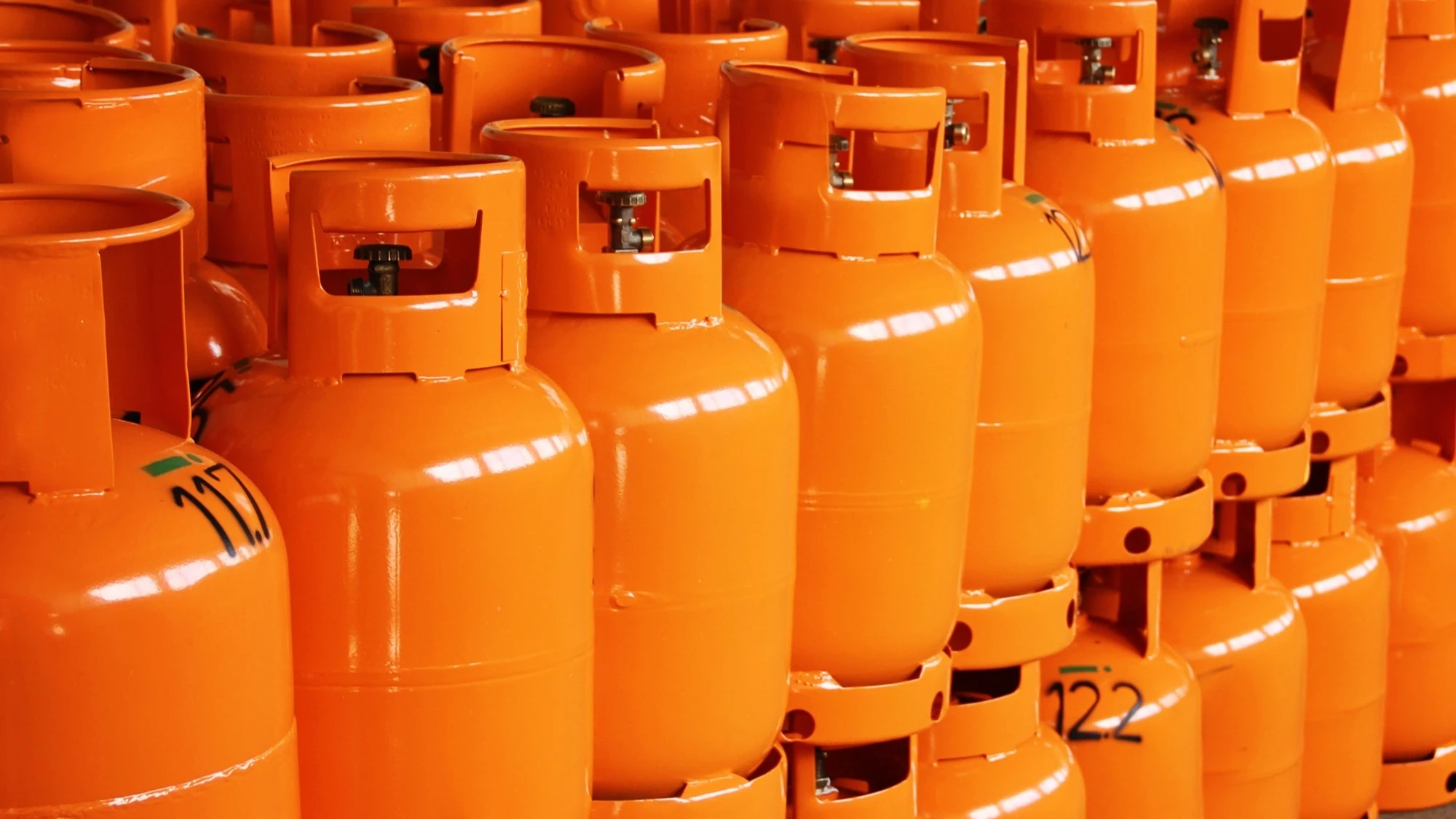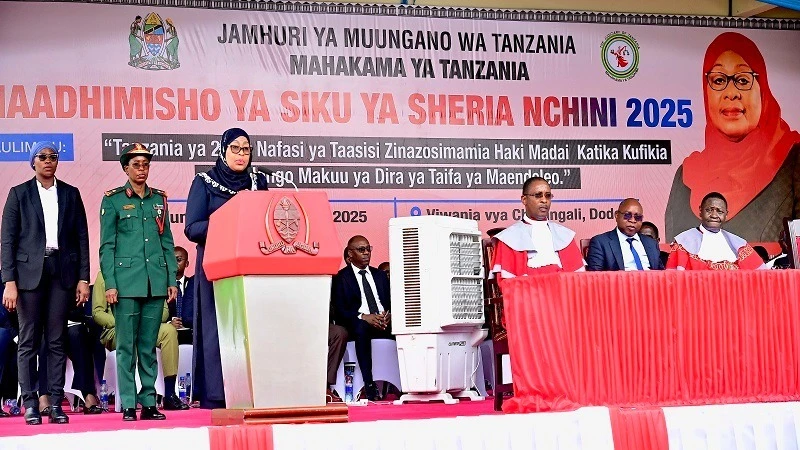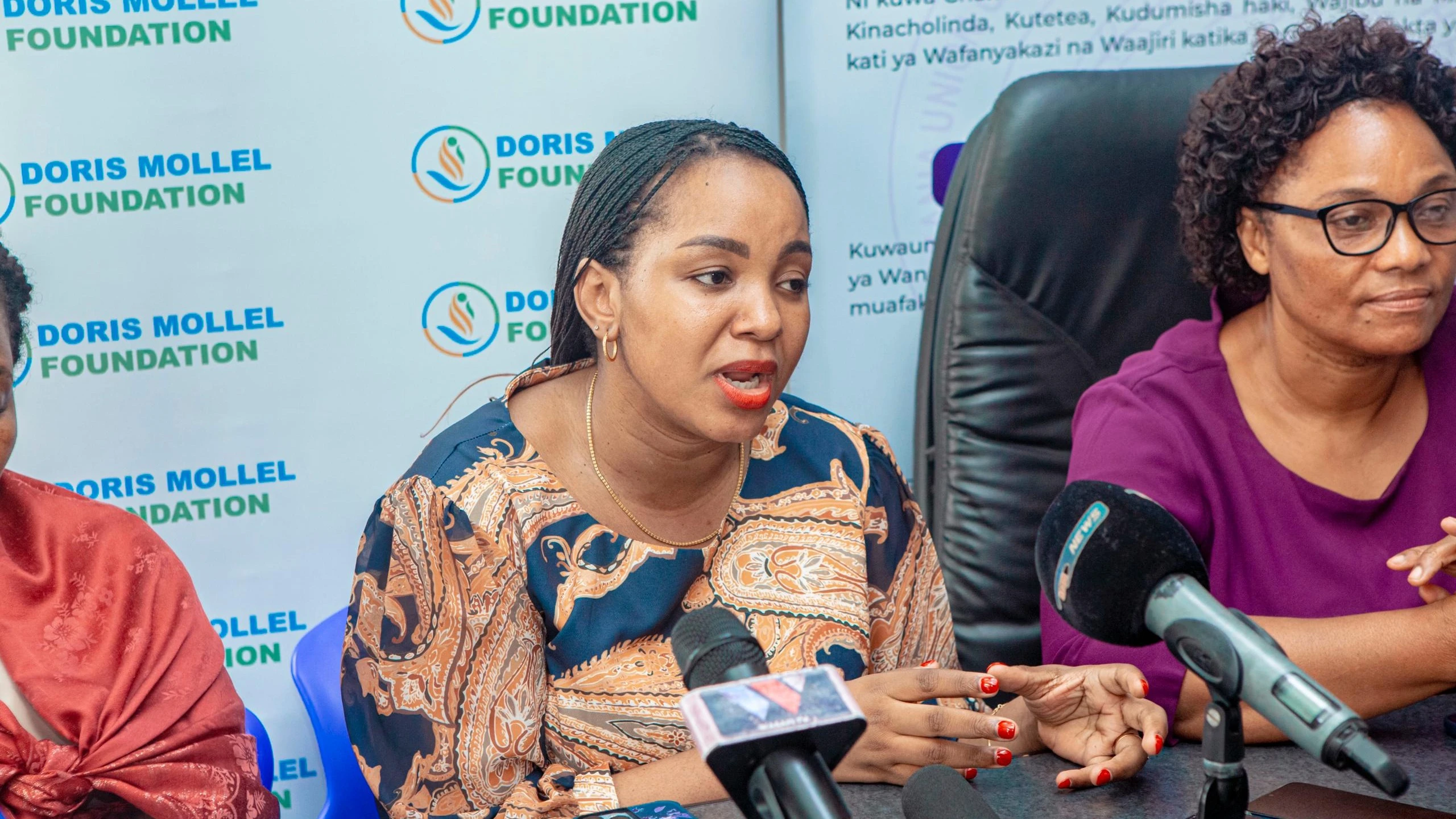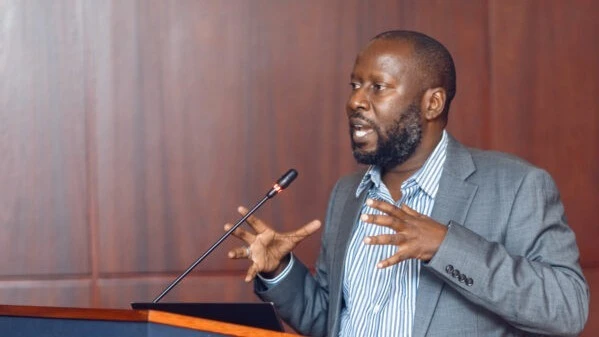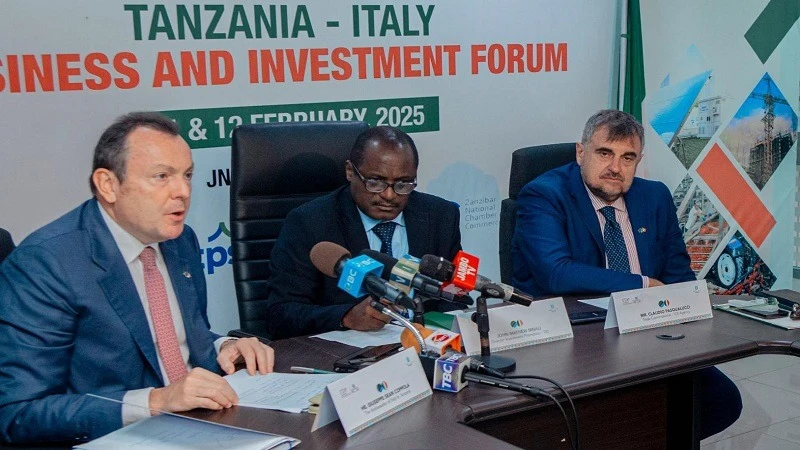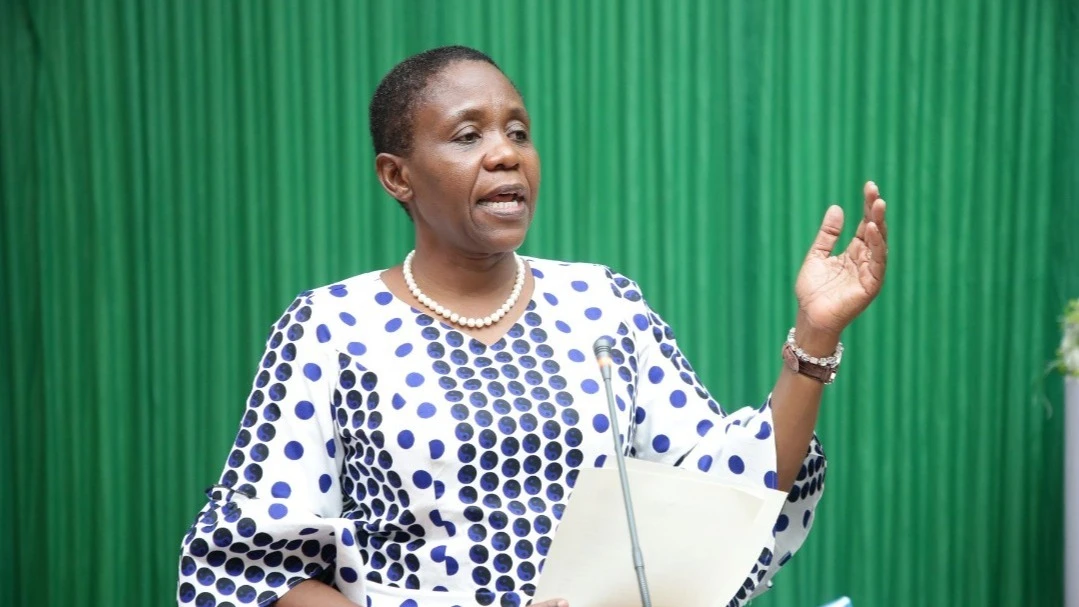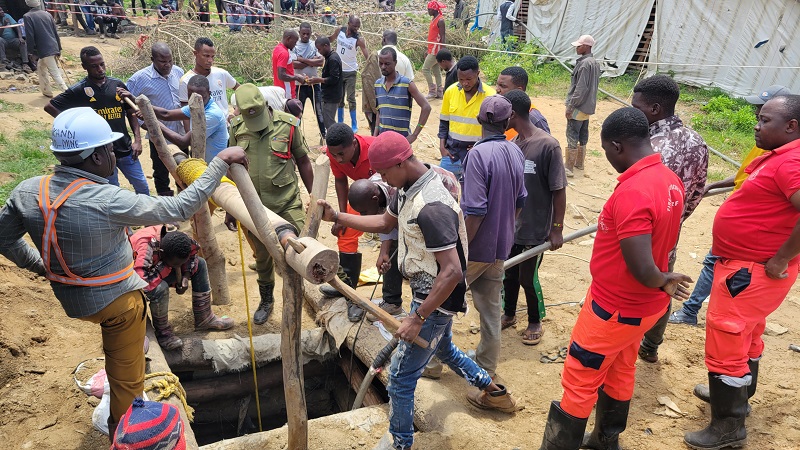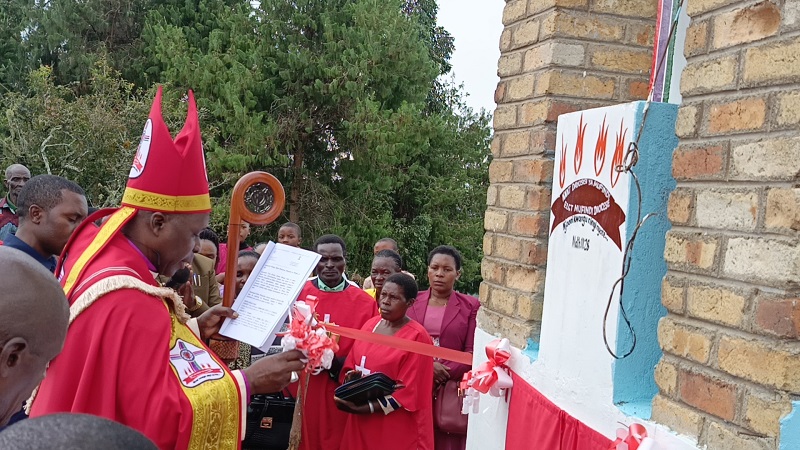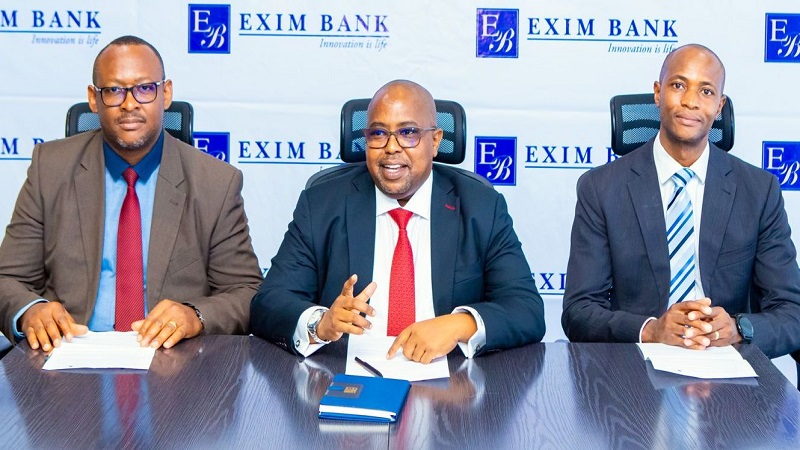Beneficiaries sell gas cylinders as scrap metal after refill issues
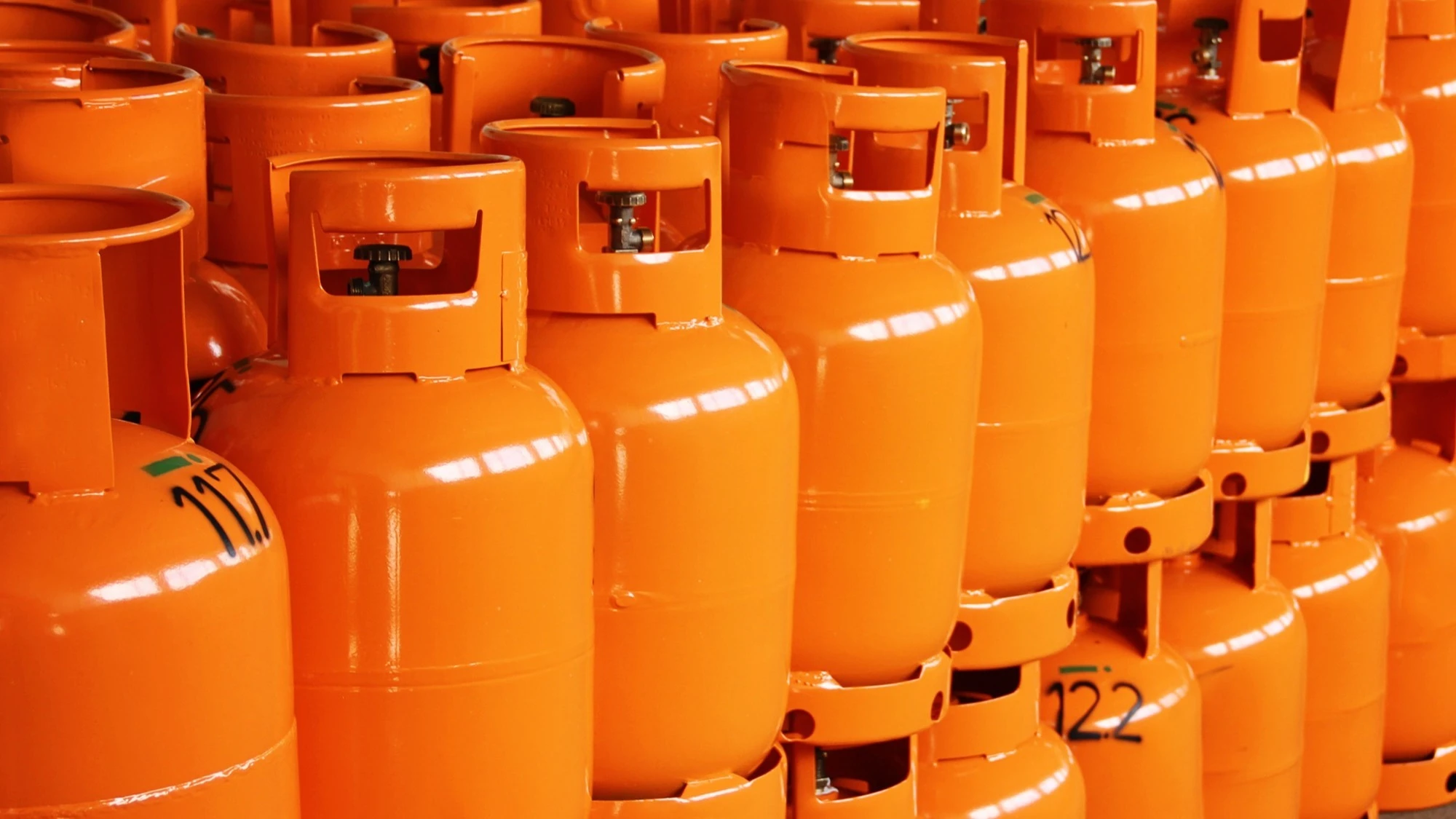
SOME recipients of subsidized gas cylinders have failed to refill them, while others have sold them as scrap metal, a parliamentary committee has declared.
Dr Mathayo David Mathayo, chairman of the Energy and Minerals standing committee, made this affirmation to the legislature when presenting the committee’s annual report yesterday.
He said that this tendency is causing losses to the government and hindering progress toward the goal of 80 percent clean cooking energy shift by 2034.
“The government should assess the distribution and use of subsidized gas cylinders to determine if the intended objectives are being achieved,” he urged.
The government needs to take appropriate action against individuals selling or purchasing cooking gas cylinders as scrap metal or for other improper uses, he emphasised.
Shifting to using gas in cars is difficult as many imported vehicles lack the systems to shift to use natural gas, requiring upwards of 2m/- to retrofit small vehicles, he stated.
Importing vehicles already equipped to use natural gas is vital, as well as expanding the natural gas pipeline network to the regions, he said, asserting that this method is more efficient compared to transporting gas by tankers.
He also delved into corporate social responsibility (CSR) funding for electricity and natural gas projects, citing provisions in the 2015 Petroleum Act mandating license holders and investors in natural gas blocks to make such arrangements.
The firms are required to prepare a robust community accountability plan in collaboration with local governments to ensure CSR funds are properly distributed, he said.
From 2014/15 to 2023/24, natural gas investors in Lindi and Mtwara regions contributed 9.3bn/- in CSR funds, with 5.4bn/- provided in the 2023/24 financial year alone, he said.
“This raises concern about whether adequate contributions were made before 2023/24,” he stated, urging the government to follow up and verify the CSR funds provided by companies involved in natural gas projects in the two regions from 2014 to 2022 to determine if the amounts were appropriate.
“Furthermore, if it is found that the funds were insufficient, the government should take action against those investors. The government should also establish regulations or guidelines to ensure CSR funds for energy sector projects are provided fully and on time,” he further stated.
The committee similarly noted that large gold mining companies have failed to comply with a section of the law as contracts with foreign companies prevent them from selling or refining gold produced by uncertified companies or factories.
This affects the amount of gold purchased by the Bank of Tanzania (BoT) from the large miners, he stated, urging the government to ensure that negotiations between BoT and these companies are promptly concluded, with a view to complying with Section 59 of the Mining Act and ensure the availability of sufficient gold for BoT.
The government should improve the environment to help companies with mineral refining licenses obtain recognized certification, allowing them to sell gold to BoT or to large mining companies, he added.
Top Headlines
© 2025 IPPMEDIA.COM. ALL RIGHTS RESERVED









